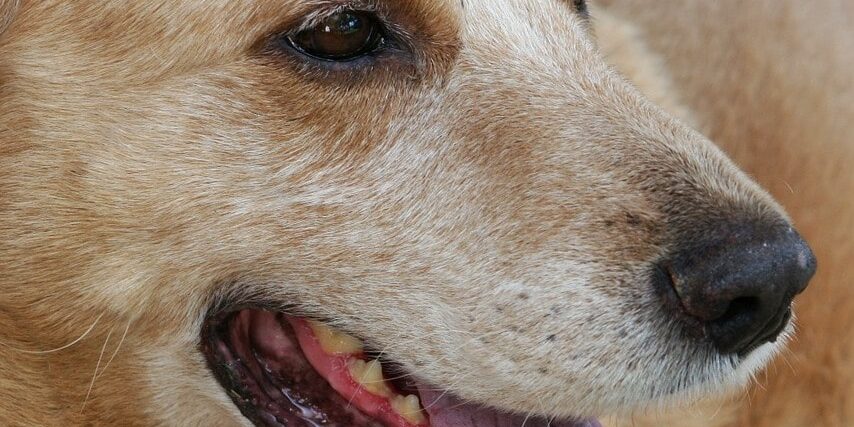 The puppy/kitten phase ends in less than one year. Then, we have our pets settled into the routine of middle age. And before we know it, they’re entering their golden years. In return for all of the love they give us, we want to do our best to keep them happy and comfortable as long as we can. In that light, we’ve compiled the five areas to focus on as your furry friends become senior pets.
The puppy/kitten phase ends in less than one year. Then, we have our pets settled into the routine of middle age. And before we know it, they’re entering their golden years. In return for all of the love they give us, we want to do our best to keep them happy and comfortable as long as we can. In that light, we’ve compiled the five areas to focus on as your furry friends become senior pets.
Nutrition
Important from the very beginning, nutritional needs might change with age. We want to maintain a healthy body weight and every situation is different. For example, we might need a lower calorie diet to keep off excess weight. Or maintaining muscle mass could be an issue, and we need to add high-quality protein. Certain diseases also become more prevalent in senior pets, so we might need to choose a special diet for that reason.
Arthritis
Aging joints can get stiff and sore. We want to help keep our senior pets happy by helping them to maintain a healthy body weight and providing routine low-impact exercise. Different supplements, such as Omega 3 fatty acids and glucosamine/chondroitin, are available to help keep things moving smoothly. If pets seem to be experiencing pain, we want to think about starting non-steroidal anti-inflammatory drugs or other pain relievers.
Dental Health
 Plaque accumulation and bad breath are common in senior pets. Teeth brushing, dental chews, and other dental hygiene products can help—especially if we start young. Also, most senior pets should have yearly dental cleanings and oral examinations to help keep their teeth and gums healthy.
Plaque accumulation and bad breath are common in senior pets. Teeth brushing, dental chews, and other dental hygiene products can help—especially if we start young. Also, most senior pets should have yearly dental cleanings and oral examinations to help keep their teeth and gums healthy.
Mental Health
Providing routine exercise and mental stimulation is especially important for senior pets. We can see increased levels of anxiety and certain behavioral problems show up late in life. Special diets and supplements are available to help pets with cognitive dysfunction syndrome.
Saying Goodbye
Sadly, saying goodbye is an inevitable part of life with our shorter lived companions. We want to keep our pets around as long as we can, but we need to make sure that they are able to enjoy their lives. Sometimes, we can’t keep them comfortable, and we need to think about the right time to say goodbye.
These are just some of the things we need to consider with our aging companions. From about the age of 7 in larger dogs to 10 in smaller dogs and cats, we would like to see your older pets twice a year to discuss and assess their overall health and address any emerging issues.







